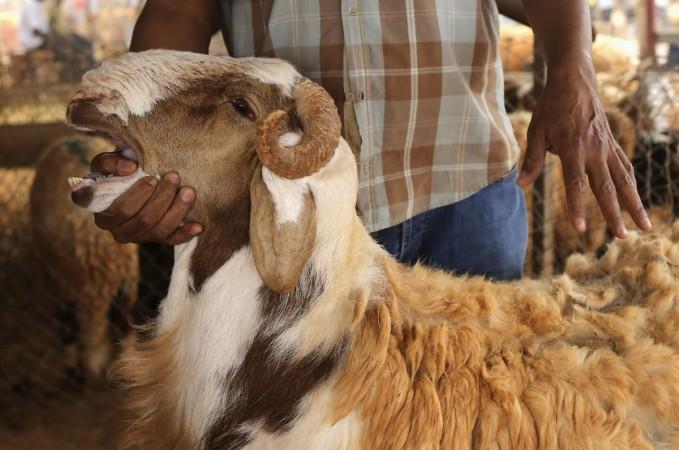
Muslims in the U.S. were worried that this year Eid al-Adha, their second most important festival, might fall on the 15th anniversary of the Twin Towers attack, i.e. Sept. 11. However, they are now relieved, as Eid al-Adha will be celebrated on Sept. 12.
Muslims in the U.S. feared that some would misinterpret them celebrating the festival, as there was a possibility of Eid al-Adha, the festival of sacrifice, falling on Sept. 11. But the fears disappeared after Saudi Arabian religious authorities announced on Thursday that Eid al-Adha will take place on Sept. 12.
"At least it doesn't give an excuse for the Islam haters to falsely claim that Muslims were celebrating on 9/11," Ibrahim Hooper, a spokesman for the Council on Islamic Relations, told Reuters. "That was the concern."
Eid al-Adha date was announced based on the sighting of the new moon. The new moon was sighted on Sept. 2, Friday, which meant that the festival of sacrifice will be celebrated on Sept. 12.
Eid al-Adha is celebrated on the 10th day of Dhu al-Hijjah, the last month of the Islamic calendar. North America, Saudi Arabia, Malaysia, Brunei, Turkey, Oman and Japan will mark Sept. 12, as the first day of Eid al-Adha.
In Bangladesh, Pakistan and India, the festival of sacrifice will be celebrated on Sept. 13. But in South India, Eid al-Adha will be celebrated on Sept. 12, as the moon was sighted on Friday.
Eid al-Adha, also known as Bakr Eid in several countries, is observed to remember the willingness of Ibrahim, or Abraham, to sacrifice the life of his son as an act of obedience and submission to Allah (God). The second holiest festival in Islam after Eid al-Fitr is celebrated for four days, but the holidays depend on the countries.
On this day, Muslims slaughter (sacrificing) an animal – usually a sheep, cow or goat – to mark the similar offering to Allah. After sacrificing, they cook and distribute the meat to family, friends and those in need.









